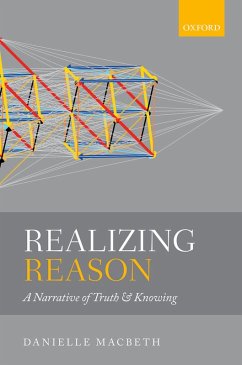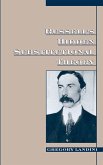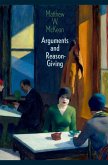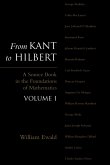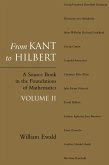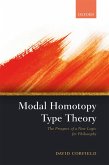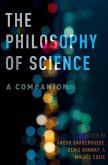Realizing Reason pursues three interrelated themes. First, it traces the essential moments in the historical unfolding--from the ancient Greeks, through Descartes, Kant, and developments in the nineteenth century, to the present--that culminates in the realization of pure reason as a power of knowing. Second, it provides a cogent account of mathematical practice as a mode of inquiry into objective truth. And finally, it develops and defends a new conception of our being in the world, one that builds on and transforms the now standard conception according to which our experience of reality arises out of brain activity due, in part, to merely causal impacts on our sense organs. Danielle Macbeth shows that to achieve an adequate understanding of the striving for truth in the exact sciences we must overcome this standard conception and that the way to do that is through a more adequate understanding of the nature of mathematical practice and the profound transformations it has undergone over the course of its history, the history through which reason is first realized as a power of knowing. Because we can understand mathematical practice only if we attend to the systems of written signs within which to do mathematics, Macbeth provides an account of the nature and role of written notations, specifically, of the principal systems that have been developed within which to reason in mathematics: Euclidean diagrams, the symbolic language of arithmetic and algebra, and Frege's concept-script, Begriffsschrift.
Dieser Download kann aus rechtlichen Gründen nur mit Rechnungsadresse in A, B, BG, CY, CZ, D, DK, EW, E, FIN, F, GR, HR, H, IRL, I, LT, L, LR, M, NL, PL, P, R, S, SLO, SK ausgeliefert werden.

